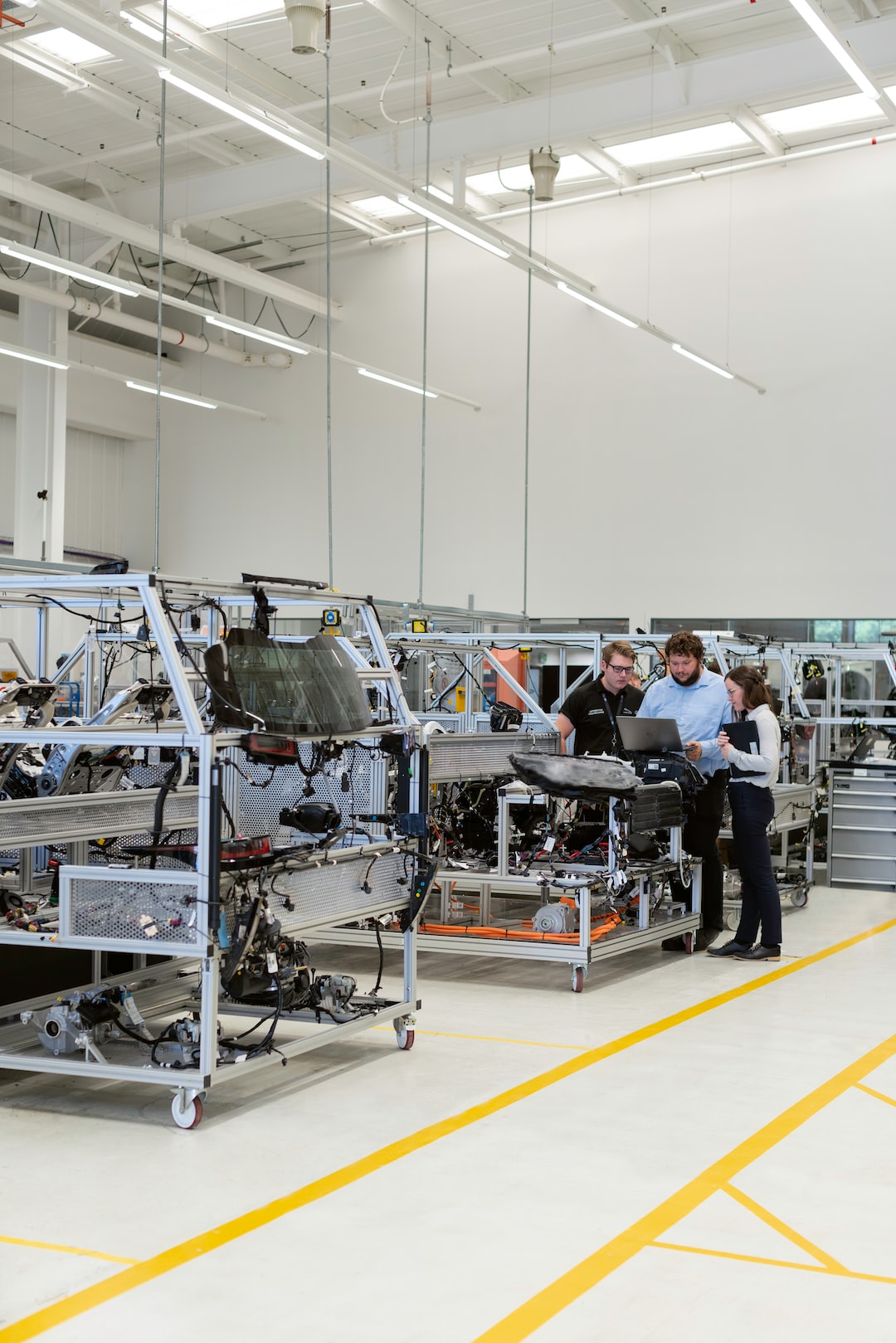Genetic engineering is a rapidly evolving field that holds immense potential for advancing biomedical sciences. It has revolutionized the way scientists study and understand genetic makeup, and has opened up new possibilities for treating various diseases and improving human health. In this blog post, we will explore the role of genetic engineering in advancing biomedical sciences.
One of the key contributions of genetic engineering lies in its ability to unlock the secrets of the genetic code. Scientists can now manipulate genes to study their functions and interactions, leading to a deeper understanding of the underlying mechanisms of diseases. By removing specific genes or introducing new ones, researchers can observe the effects on cells, tissues, and whole organisms. This knowledge is invaluable for developing targeted therapies, vaccines, and diagnostic tools.
Genetic engineering has also paved the way for personalized medicine. By analyzing an individual’s genetic profile, doctors can identify genetic markers linked to certain diseases or drug responses. This information can guide treatment decisions, enabling personalized and more effective therapies. For example, genetic testing allows clinicians to determine if a patient is likely to have adverse drug reactions or is susceptible to certain types of cancer. By leveraging such knowledge, the medical community can provide tailored treatments that maximize the chances of success.
Genetic engineering is also playing a crucial role in the field of regenerative medicine. Stem cell research, a branch of genetic engineering, holds the promise of repairing or replacing damaged tissues and organs. Scientists can reprogram adult cells to become pluripotent stem cells, which can then differentiate into any type of cell in the body. This breakthrough allows for the creation of patient-specific stem cells, which eliminate the risk of rejection when transplanted back into the patient. Stem cell therapies have the potential to revolutionize the treatment of conditions that currently lack effective options, such as neurodegenerative diseases and organ failure.
Furthermore, genetic engineering has contributed to the development of novel immunotherapies. One notable example is chimeric antigen receptor (CAR) T-cell therapy, which has shown remarkable success in treating certain types of cancer. This therapy involves extracting T-cells from a patient, modifying their genetic code to express specific receptors that target cancer cells, and then infusing the modified cells back into the patient. The engineered T-cells can recognize and destroy cancer cells more effectively, offering a promising alternative to traditional treatments like chemotherapy and radiation.
In addition to its direct impact on biomedical sciences, genetic engineering fuels advancements in other fields. For instance, the production of genetically modified organisms (GMOs) has revolutionized agriculture and food security. By transferring beneficial traits from one organism to another, scientists can create crops that are more resistant to pests, diseases, and environmental conditions. GMOs have the potential to increase crop yields, reduce pesticide usage, and improve the nutritional content of food, thereby addressing global food shortages and malnutrition.
However, it is important to address the ethical considerations surrounding genetic engineering. Manipulating genes raises concerns about potential unintended consequences, unequal access to treatments, and the moral implications of altering the natural order. Comprehensive regulation and ethical frameworks must be in place to ensure responsible and equitable use of genetic engineering technologies.
In conclusion, genetic engineering plays a pivotal role in advancing biomedical sciences. It enables scientists to study and understand genes, leading to breakthroughs in personalized medicine, regenerative medicine, immunotherapy, and more. As researchers continue to unlock the genetic code, the possibilities for improving human health and well-being are limitless. It is our responsibility to harness the power of genetic engineering responsibly, ensuring that the benefits of these advancements are shared by all.


